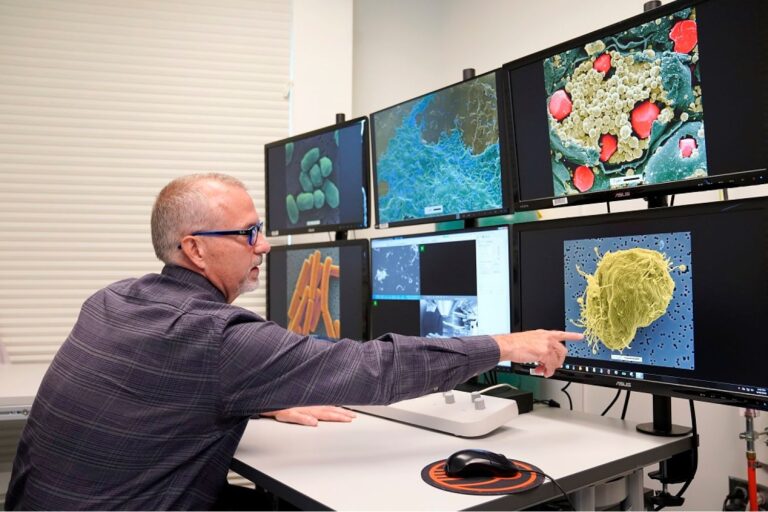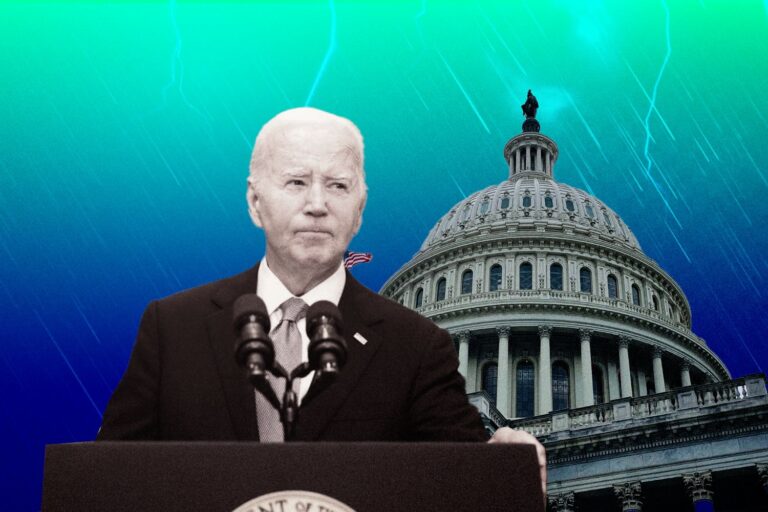Air Force Awards Contract to Sage Geosystems for the Development of New Clean Power Plant
HOUSTON – The Department of the Air Force (DAF) awarded its first contract to determine whether a power plant using Geopressured Geothermal Systems (GGS) can generate the clean energy needed for a base to achieve energy resilience. The contract awards Sage Geosystems, Inc., a grant of $1.9 million and the company will match the grant with an additional $1.9 million for the demonstration project. Sage will construct the system at an off-site test well in Starr County, Texas, in 2025. It would be the first GGS facility in the world to generate electricity.
“Geothermal power is renewable, it is secure, it is reliable, it is cost effective and the systems to produce power from heat are well-understood.”
Unlike traditional geothermal techniques that rely on rare geological formations of hot water and steam that limit their use, GGS repurposes cutting-edge fracking technology to extract thermal energy from miles below the Earth’s surface. The possibility of a full-scale project at Ellington Field Joint Air Reserve Base in Houston, could usher in a new era of clean power producing plants that meet the entire energy needs of installations in the DAF.
“This initial contract is a step forward in the Air Force’s push for energy resilience,” said Kirk Phillips, Director of the Air Force Office of Energy Assurance. “This project will improve Ellington Field’s ability to maintain operations during electrical grid outages and be completely self-sufficient for their energy needs. This project, and the future Department of the Air Force projects that it paves the way for, will help to assure that our national security needs are met by our installations during critical emergencies.”
This is one of three geothermal pilot projects the DAF has initiated this year to prove the capabilities of next-generation geothermal technologies, with more sites already being considered.
“We would build geothermal energy power plants at every Air Force installation if we could,” Phillips said. “Geothermal power is renewable, it is secure, it is reliable, it is cost effective and the systems to produce power from heat are well-understood.”
”We are excited to partner with the U.S. Air Force on this geothermal demonstration project,” said Cindy Taff, CEO of Sage Geosystems. “Next generation geothermal technologies, like Sage Geosystems’ GGS, will be critical in providing energy resiliency at U.S. military installations.”
GGS repurposes cutting-edge fracking technology from the oil and gas industry to extract thermal energy from miles below the Earth’s surface. GGS also demonstrates enormous potential for the civilian sector by overcoming the intermittency challenges for solar and wind energy generation as well as minimizing land use, enabling the technology to be sited in many urban areas without relying on expensive transmission line buildout.
“The wing is very excited to execute the first GGS in the Air Force. To become 100 percent resilient and carbon free is an amazing feat. For the 147th Attack Wing to be the baseline for Sage Geosystems to showcase this amazing technology to the DoD, makes us proud. It has been a pleasure working with Sage and their design team, we feel this is the launch pad of helping not only the DoD but many other applications throughout global markets,” said Lt Col Christian Campbell, 147th Civil Engineer Squadron Commander.
For more information on Sage Geosystems, please visit www.sagegeosystems.com.
About Sage Geosystems
Sage Geosystems was founded in 2020 and is developing energy storage and geothermal baseload technologies deep in the earth. The Sage Geosystems team has over 200 combined years in the oil and gas industry, with experience delivering major projects including Deepwater, Arctic, and Unconventional shales. The company is headquartered in Houston, Texas. For more information, visit www.sagegeosystems.com.
About the Air Force Office of Energy Assurance
The Air Force Office of Energy Assurance (AF OEA), a subordinate unit of the Air Force Civil Engineer Center (AFCEC), resolves energy challenges with impactful solutions that close energy resilience gaps and strengthen our nation’s Air Force and Space Force installations at home and abroad.
The Department of the Air Force requires access to reliable, resilient energy to power installations and ensure mission success. AF OEA leverages the expertise of the energy community to structure tailored energy solutions that are innovative, cost-effective and climate-informed for each installation.
With continuous improvement in mind, AFCEC created AF OEA to enhance integration and connectivity between stakeholders in the energy industry. The initiative benefits Air Force resilience efforts by increasing efficiencies and expediting project execution. AF OEA is geographically separated from AFCEC, JBSA-Lackland, Texas, and operates in three locations: Tyndall AFB, Florida; the Pentagon, Washington, D.C.; and Denver, Colorado.








